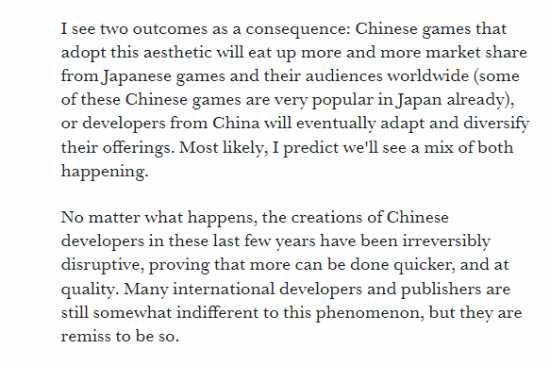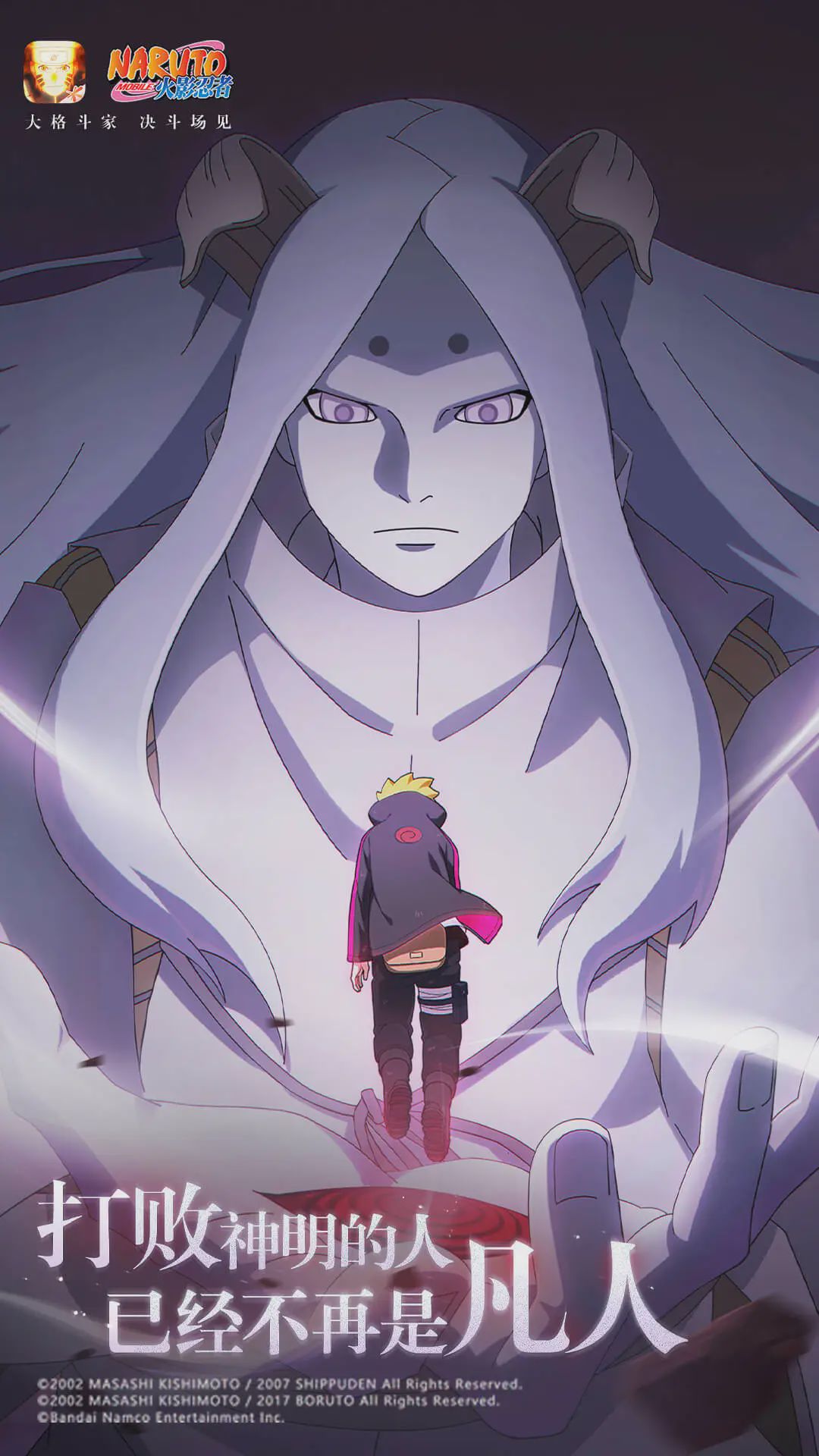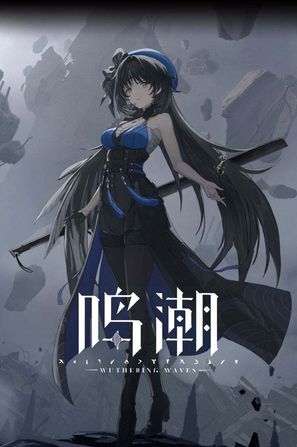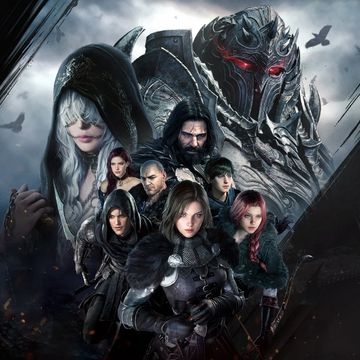Foreign media: Chinese games such as Zero and Different Rings are setting new standards for free-to-play games
A few days ago, foreign media Gamesindustry.biz published an article titled "A new batch of rising Chinese games such as" Absolute Zone Zero "and" Different Ring "are breaking the limit of free games". The author Daniel Camillo said that Chinese developers are setting new industry standards through free games comparable to 3A console games.

The author first mentioned miHoYo's 2020 release of "Original God", saying that it sets a new standard for free mobile games: with a 3A level of production and presentation, a vast open world to explore, a rich story, and a highly attractive art style, it can be said that "Original God" has all the elements of a mature 3A game. MiHoYo's ambitions are also great. "Original God" not only landed on mobile end but also released on PC and console. Combining all the above elements, the game has been a huge success worldwide. It was a disruptive release and caused waves throughout the industry.
Since the original god, miHoYo has also launched "Collapse Star Dome Railway" and "Absolute Zone Zero", while more and more Chinese studios have followed this model. For example, "Mingchao" released in May this year, more than 30 million registered players at the launch; Hotta Studio's earlier announcement of "Different Rings" offers a massive open world that combines fantasy elements, futuristic aesthetics, cyberpunk, and gameplay from "GTA" to "Muse" to impress players around the world.

The authors say the swirl of games are rich and ambitious, and they are all free to release on different platforms, which could put pressure on developers of AAA games priced at "$70".
The authors point out that most free-to-play games in China have adopted the same multi-platform distribution strategy, which has helped drive more core players from PC and console to mobile platforms. The authors argue that the results and rewards of this strategy are yet to be fully realized, as future iterations of these IPs will benefit from a large audience, which is not yet fully realized by current industry conditions.

The slogan "China speed" accurately describes the speed of China's development in recent years, with different Chinese brands rapidly outpacing their international counterparts in different industries. The author believes that to some extent, the same situation has also occurred in the gaming industry.
From a management perspective, Chinese companies are typically very efficient at ensuring productivity: from top to bottom, from recruitment to final output, the management methods of most large and medium-sized companies in China tend to be consistent, and almost every local employee is familiar with this management method and facilitates work processes.
However, the author also points out that not everything is optimistic and positive behind the recent crop of hit free-to-play games in China. Chinese developers always seem to stick to a style, and these anime-style open-world role-playing games are visually very similar to each other. This creates an identity crisis that makes it difficult for audiences to distinguish between them. Predictably, this "stagnant" inspiration could become a problem and lead to a rapid saturation of titles.
It believes that this will have two outcomes: Chinese games that adopt this aesthetic will capture the growing market share of Japanese games and their global audiences (some of which are already very popular in Japan), or Chinese developers will eventually adapt to this aesthetic and diversify their products.

In any case, Chinese developers' creations in recent years have been irreversibly disruptive, proving that they can do more work faster and with higher quality. Many international developers and publishers remain indifferent to this force, and they are remiss in doing so.









